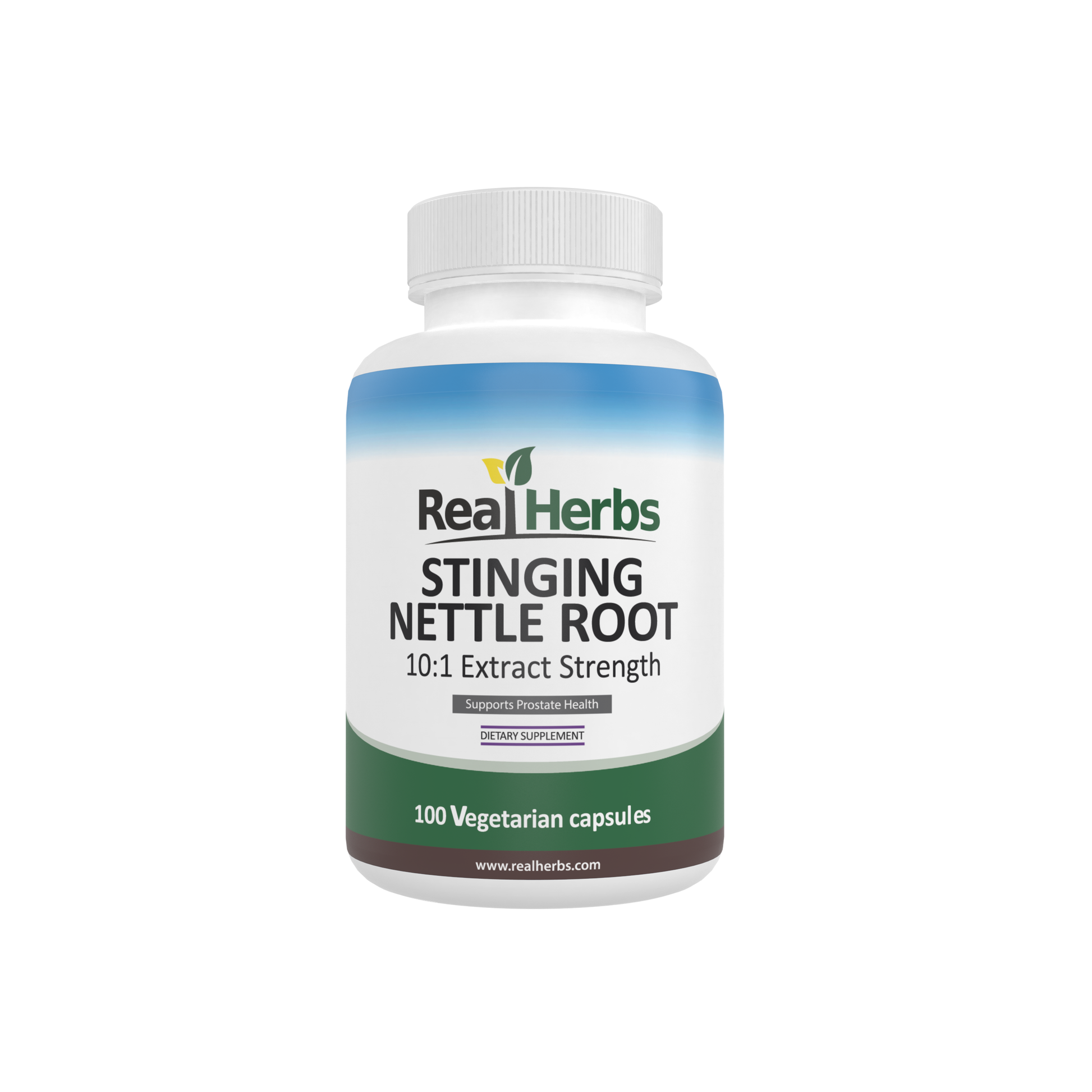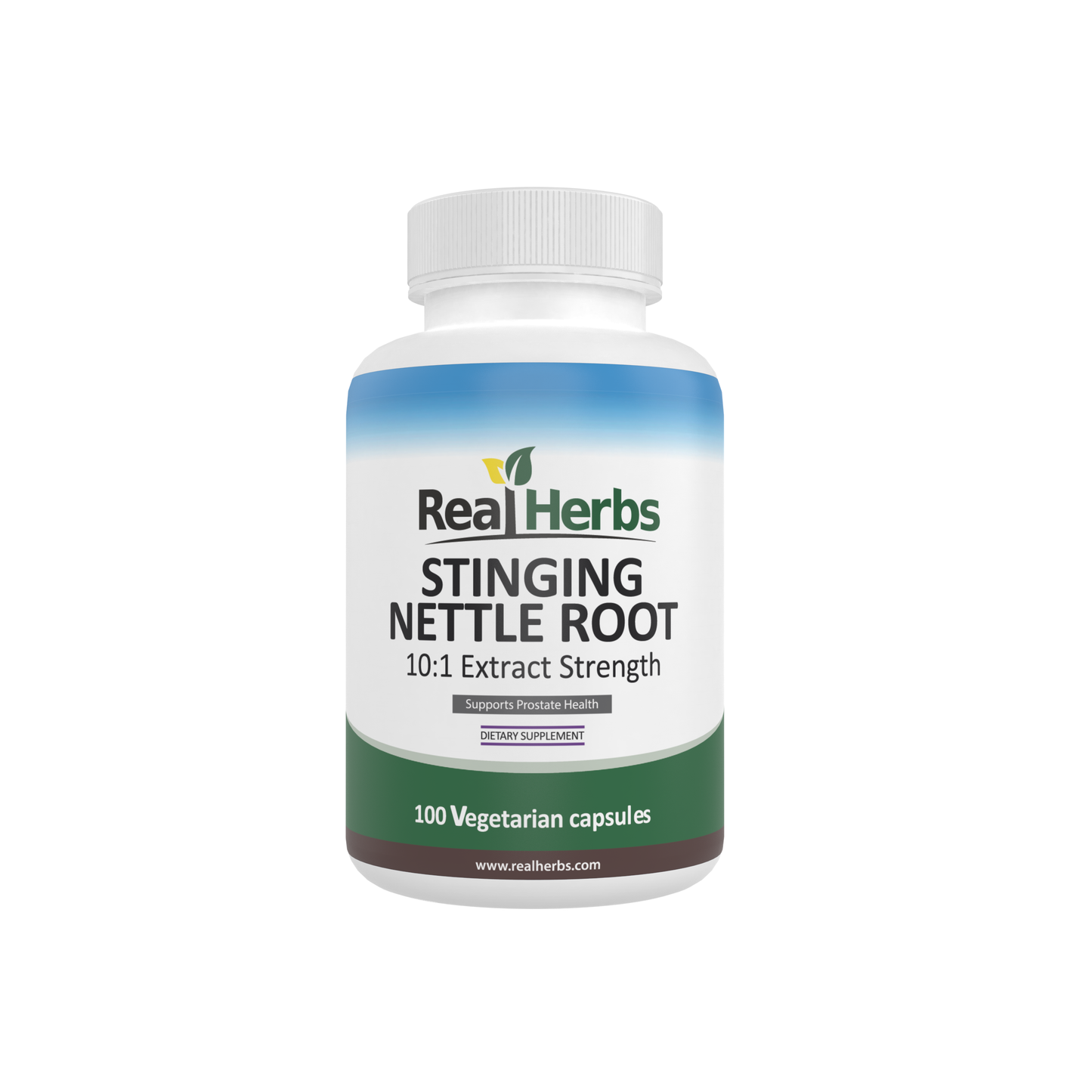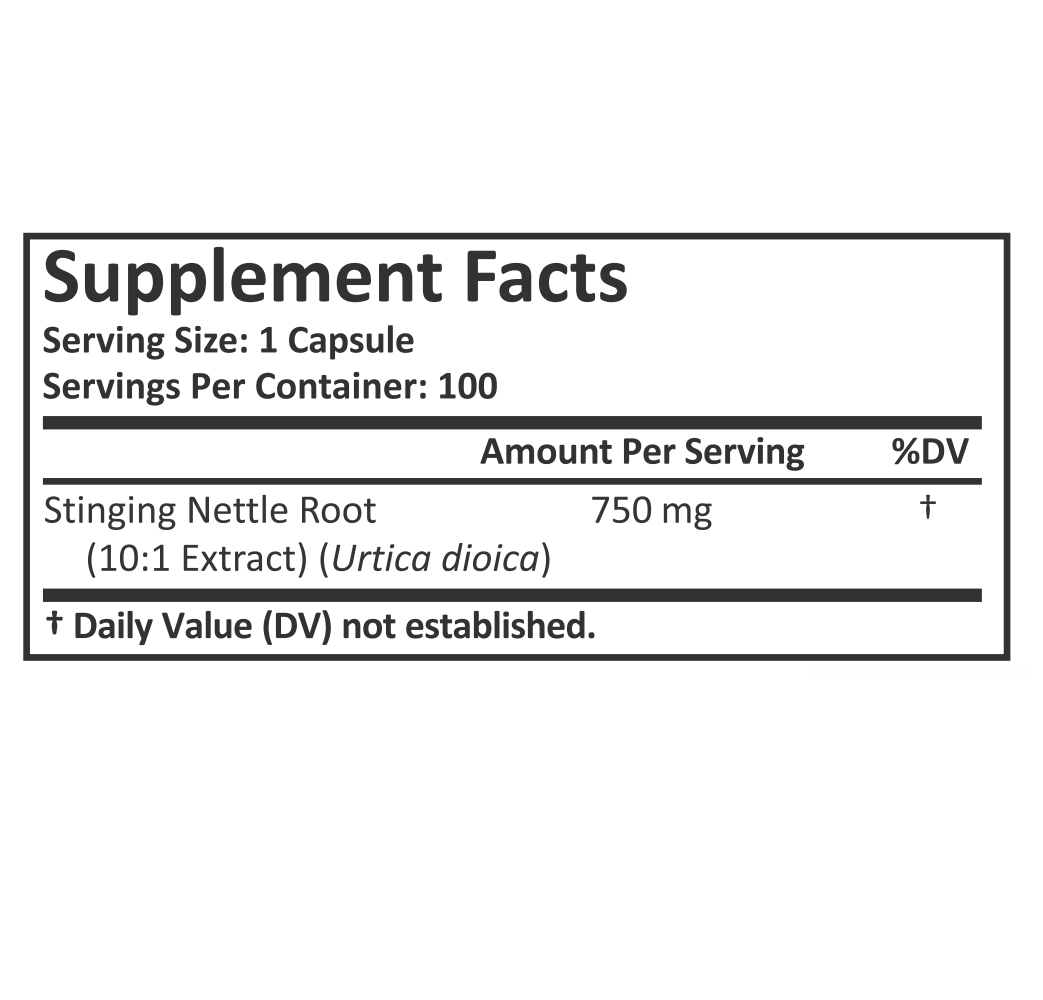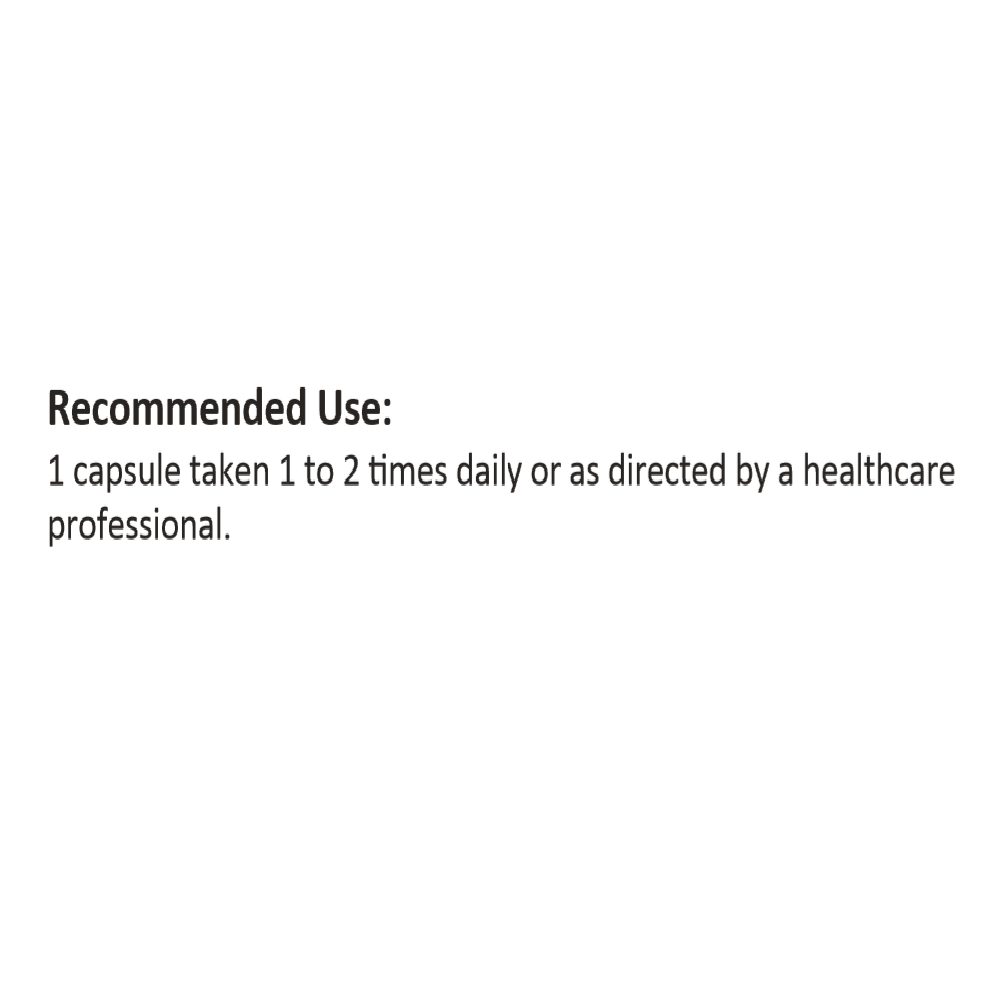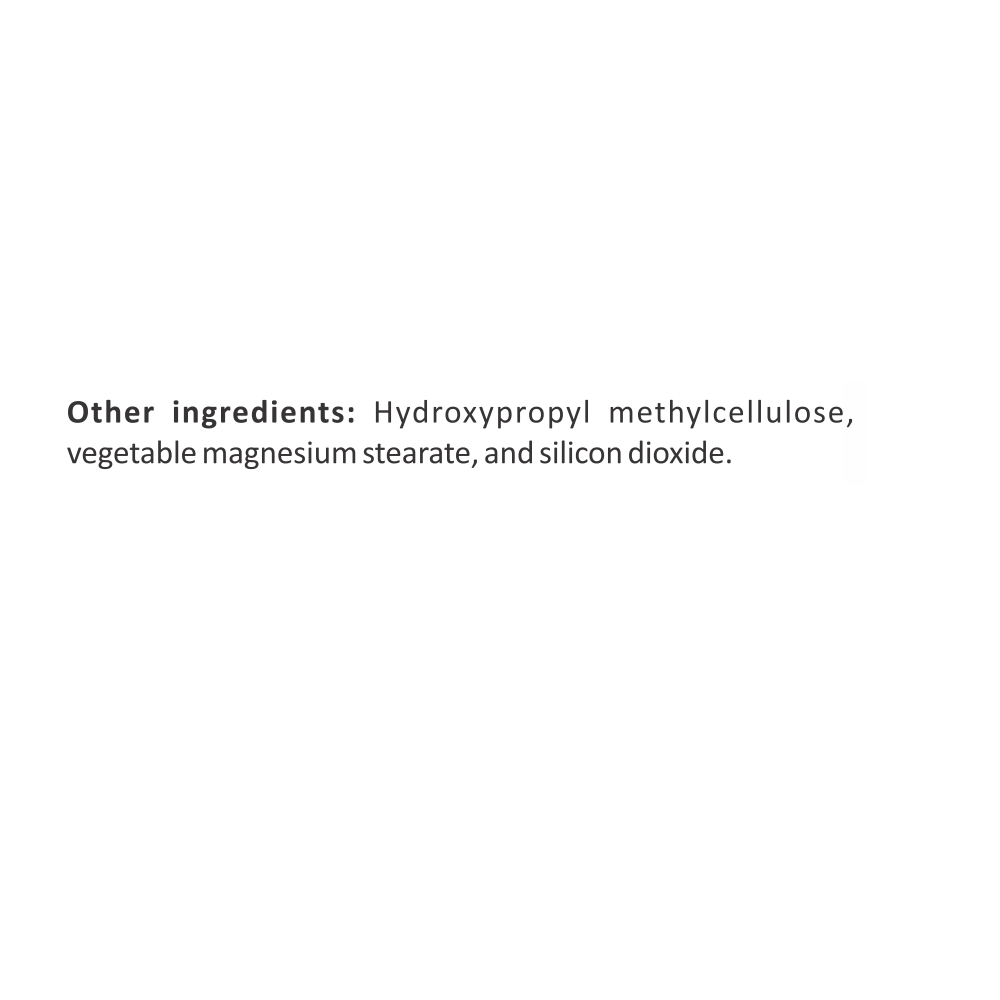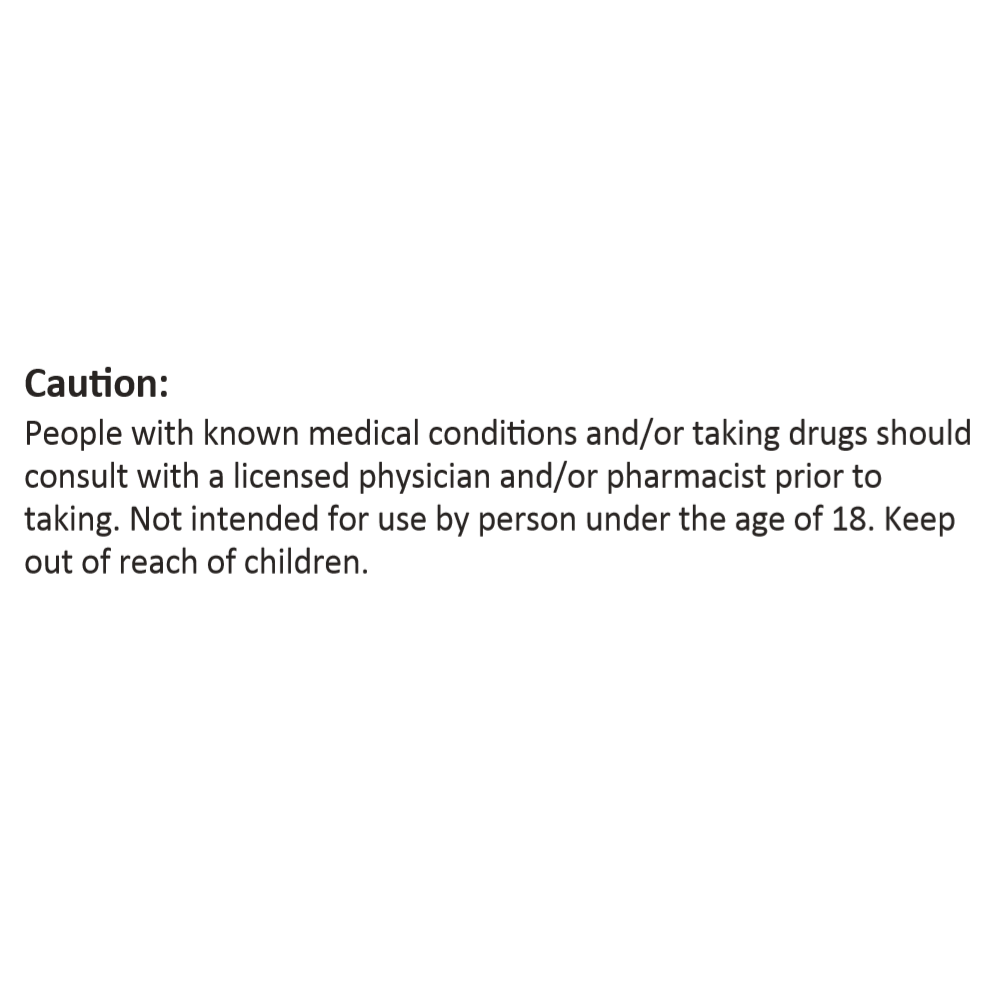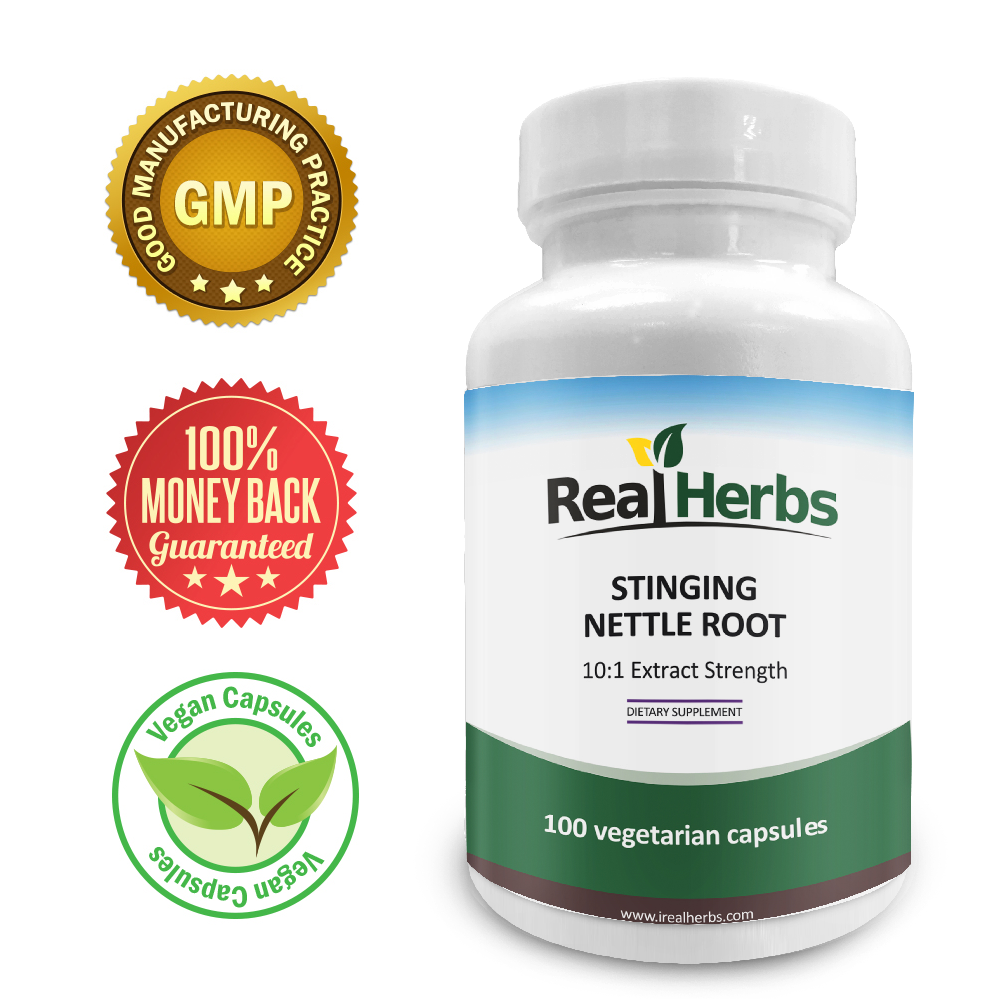Introduction
Testosterone plays a crucial role in various aspects of male health, including muscle growth, bone density, libido, and overall well-being. Many natural remedies claim to enhance testosterone levels, and one such remedy is stinging nettle root (Urtica dioica). In this article, we'll explore the potential effects of stinging nettle root on testosterone and delve into the scientific evidence supporting these claims.
Understanding Testosterone: Testosterone is a hormone primarily associated with male sexual development and reproductive function. It also plays a role in muscle mass, strength, energy levels, and cognitive function. Testosterone levels can be influenced by factors such as age, lifestyle, and certain medical conditions.
Stinging Nettle Root: Stinging nettle is a perennial plant found in many regions around the world. Its root has been used traditionally for various medicinal purposes. Stinging nettle root contains a range of compounds, including lignans and beta-sitosterol, which have been suggested to interact with hormones.
Theoretical Mechanisms: Some researchers propose that stinging nettle root may influence testosterone levels through various mechanisms. For instance, certain compounds found in stinging nettle root may bind to sex hormone-binding globulin (SHBG), a protein that can decrease the availability of free testosterone. By reducing SHBG's binding capacity, stinging nettle root might increase the amount of bioavailable testosterone.
Scientific Evidence: While the research on stinging nettle root and testosterone is limited, some studies have explored this relationship. One study published in the journal "Phytotherapy Research" examined the effects of stinging nettle root extract on testosterone levels in male rats. The findings suggested that the extract might increase testosterone levels by reducing SHBG levels. However, it's important to note that animal studies may not always translate directly to humans.
Another human study published in "Planta Medica" investigated the effects of stinging nettle root on testosterone levels in healthy volunteers. The results showed no significant changes in testosterone levels after supplementation. However, it's worth mentioning that this study had a small sample size, limiting its statistical power.
Other Potential Health Benefits: Apart from its potential influence on testosterone levels, stinging nettle root has been associated with other health benefits. Some studies suggest it may have anti-inflammatory properties and could help alleviate symptoms of benign prostatic hyperplasia (BPH) and urinary issues. However, more research is needed in these areas to establish the efficacy and safety of stinging nettle root.
Safety and Precautions: Stinging nettle root is generally considered safe for consumption when used appropriately. However, it may cause mild side effects like stomach upset or skin irritation in some individuals. It may also interact with certain medications, particularly those that affect hormones or blood clotting. As with any supplement, it's advisable to consult with a healthcare professional before using stinging nettle root, especially if you have any underlying health conditions or are taking medications.
Conclusion: While stinging nettle root has been suggested as a natural remedy to increase testosterone levels, the scientific evidence supporting this claim is limited and inconclusive. While some animal studies indicate a potential positive effect, human studies have yielded mixed results. Therefore, more robust research is necessary to establish the true impact of stinging nettle root on testosterone levels in humans. It's essential to approach such claims with caution and consult healthcare professionals for personalized advice before considering stinging nettle root as a testosterone-enhancing supplement.

